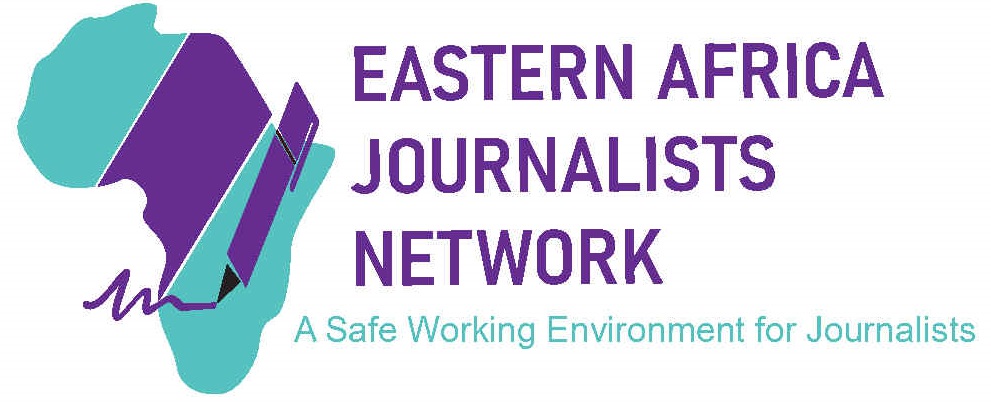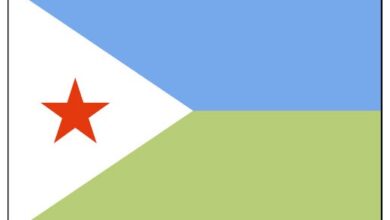EAJNet Calls on Governments to End Impunity for Crimes Against Journalists in the region
Deprecated: preg_split(): Passing null to parameter #3 ($limit) of type int is deprecated in /home/eajournal/public_html/wp-content/themes/jannah/framework/functions/post-functions.php on line 805

Eastern Africa Journalists Network (EAJNet) has called on the governments in the region to expeditiously investigate and bring to justice those responsible for crimes against media workers and especially journalists. EAJNet notes with grave concern that violence against media workers and impunity for such crimes remain one of the most persistent and depressing characteristic in many countries in the region.
EAJNet notes that an engrained culture of state impunity continues to prevail as most attacks, including murders and disappearances of journalists remain unresolved due to lack of credible investigation and prosecution processes. In 2018-2019, UNESCO recorded a total of 156 killings of journalists worldwide. In overall, over the past decade, a journalist has been killed on average every four days
“As the world marks the 7th International Day to End Impunity for Crimes against Journalists, EAJNet calls on governments in Eastern Africa to investigate all crimes against journalists and bring those responsible for these attacks to justice,” said EAJNet secretariat in a statement. “The failure to prevent the killing of journalists and investigate attacks on the media means that state authorities are depriving its citizens of a fundamental human right; the freedom to seek, receive and impart information and ideas without frontier, as guaranteed by the Universal Declaration of Human Rights, the International Civil and Political Rights and the African Charter on Human and Peoples’ Rights.”
While most countries in the region have the right to freedom of expression and press freedom guarantees in their respective constitutions, EAJNet however, notes with great concern that the continuous enactment of repressive media laws and increased numbers of attacks against journalists and media workers, undermine the spirit of these national laws as well as the UN Security Council Resolution 1738 (2006) which calls for increased efforts to strengthen journalists’ safety and security.
EAJNet calls on Governments to create enabling legal and institutional frameworks on freedom of expression and safety of journalists, particularly the safety of women journalists, and to ratify the Protocol establishing the African Court of Human and People’s Rights. EAJNet also calls on all media rights groups in the region and international human rights organizations to coordinate efforts and raise awareness on the UN Plan of Action on the Safety of Journalists and the Issue of Impunity, which provides a framework for creating a free and safe environment for journalists and media workers in conflict and non-conflict situations that involves a broad-based multi stakeholder approach to addressing the safety of journalists and the issue of impunity.
International Day to End Impunity for Crimes against Journalists’ (IDEI) is commemorated every year on November 2 following the United Nations General Assembly Resolution A/RES/68/163 adoption in 2013 at its 68th session. The Resolution urges member states to implement definite measures to counter the present culture of impunity for crimes against media workers. This landmark resolution condemns all attacks and violence against journalists and media workers. It also urges member states to do their utmost to prevent violence against journalists and media workers, to ensure accountability, bring to justice perpetrators of crimes against journalists and media workers, and ensure that victims have access to appropriate remedies. It further calls upon States to promote a safe and enabling environment for journalists to perform their work independently and without undue interference.




